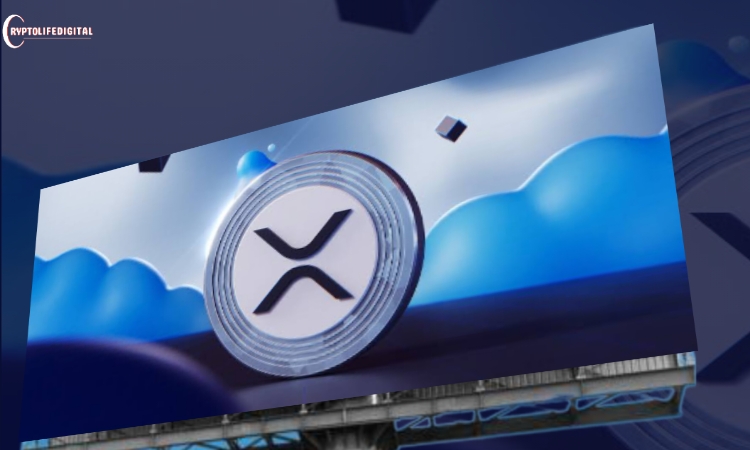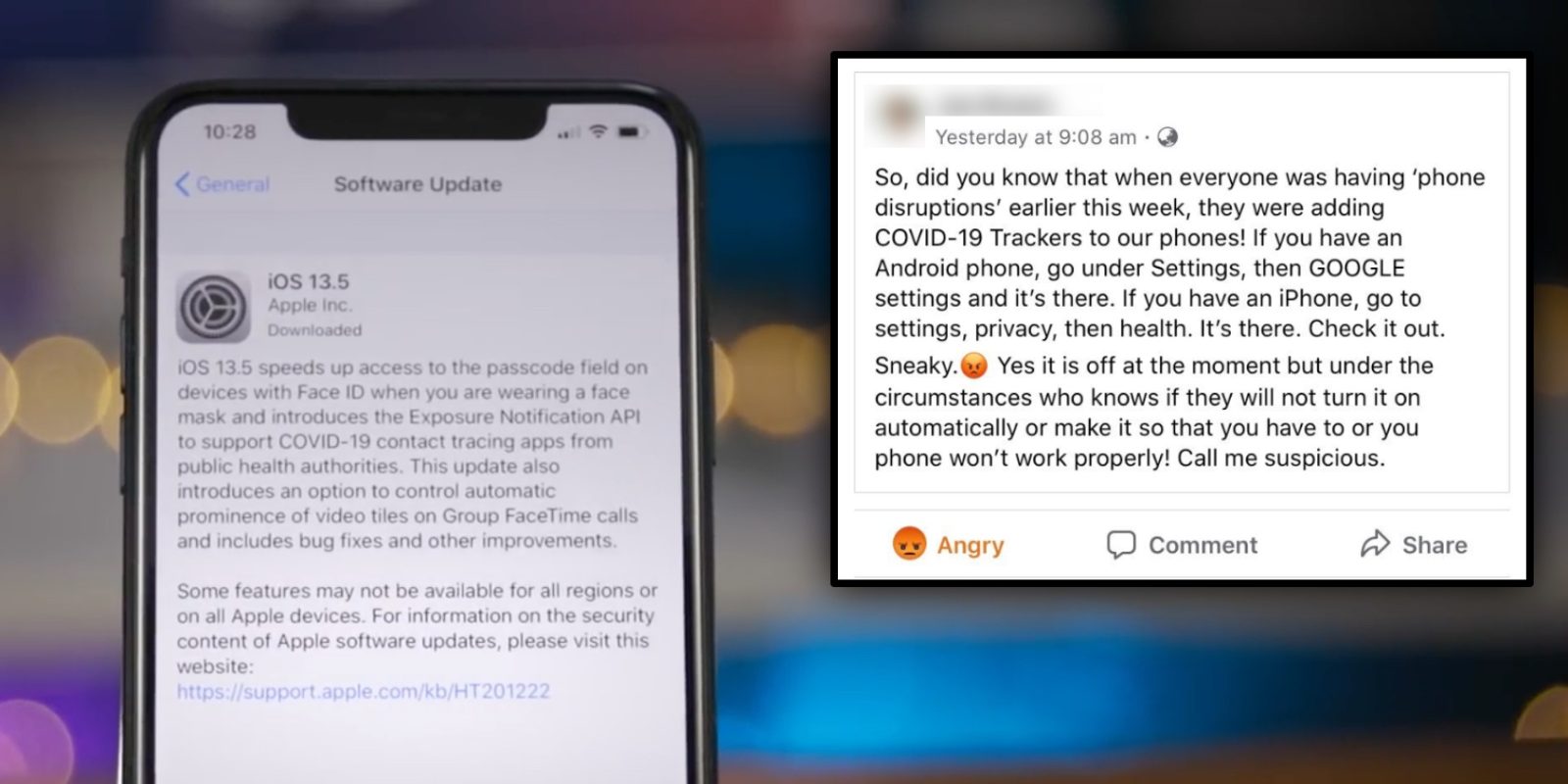The SEC's Stance On XRP: A Deep Dive Into The Ongoing Legal Battle

Table of Contents
The SEC's Case Against Ripple and XRP
The SEC's lawsuit against Ripple Labs alleges that Ripple conducted an unregistered securities offering of XRP, violating federal securities laws. The crux of their argument centers on the classification of XRP as an "investment contract," a definition established under the Howey Test (discussed in detail below). The SEC contends that Ripple's actions constituted an unregistered securities offering because investors purchased XRP with a reasonable expectation of profit based on Ripple's efforts.
Key arguments presented by the SEC include:
- Unregistered securities offering: The SEC claims that Ripple sold billions of XRP without registering them as securities, thus defrauding investors.
- Profit expectation from Ripple's efforts: The SEC argues that investors purchased XRP anticipating profits derived from Ripple's efforts to increase XRP's value and adoption.
- Common enterprise: The SEC asserts a common enterprise existed between Ripple and XRP investors, given the interconnectedness of their activities and shared fate.
- Sale of XRP to raise capital: The SEC alleges that Ripple used the sale of XRP to raise capital for its business operations, further solidifying the classification of XRP as a security.
Ripple's Defense and Counterarguments
Ripple vehemently denies the SEC's allegations, arguing that XRP is not a security. Their defense strategy focuses on several key points:
- Decentralization of XRP and the XRP Ledger: Ripple highlights the decentralized nature of the XRP Ledger, emphasizing that it operates independently of Ripple's control. They argue this decentralization distinguishes XRP from centrally controlled assets considered securities.
- Programmatic sales vs. direct investment offers: Ripple contends that their sales of XRP were programmatic and not direct investment offers to individual investors, lacking the necessary elements of a securities offering.
- Lack of direct control by Ripple over the XRP market: Ripple emphasizes its limited influence over XRP's price and market activity, arguing against the "efforts of others" component of the Howey Test.
- Differentiation from other cryptocurrencies deemed securities: Ripple draws distinctions between XRP and other cryptocurrencies that the SEC has labeled as securities, pointing to XRP's unique characteristics and market functionality.
Key Legal Developments and Court Proceedings
The SEC vs. Ripple case has witnessed significant legal developments, including:
- Hinman Speech and its implications: The SEC's internal inconsistencies regarding the classification of cryptocurrencies were highlighted due to former SEC Director William Hinman's 2018 speech suggesting that Ether (ETH) was not a security. This speech has significantly impacted the Ripple case.
- Summary judgment motions: Both sides have filed motions for summary judgment, seeking a decision based on the existing evidence without a full trial. These motions have been a focal point of the legal battle.
- Expert witness testimonies: Both the SEC and Ripple have presented expert witnesses offering varying interpretations of the Howey Test and the characteristics of XRP. These testimonies have played a crucial role in shaping the legal arguments.
- Key rulings and their impact on the case: Several key rulings by the judge have significantly influenced the trajectory of the case, shaping the arguments and impacting the overall legal strategy of both parties.
Impact on the Crypto Market and Regulatory Landscape
The SEC vs. Ripple case has profoundly impacted the cryptocurrency market and regulatory landscape.
- Price volatility of XRP: The legal uncertainty surrounding XRP has caused significant price volatility, impacting investors' portfolios.
- Uncertainty for crypto investors: The case has created uncertainty for crypto investors, highlighting the regulatory risks associated with digital assets.
- Regulatory clarity (or lack thereof) for the crypto industry: The outcome of the case will significantly influence the future regulatory landscape of the crypto industry, providing much-needed clarity (or perhaps further uncertainty).
- Potential for future lawsuits against other crypto projects: The SEC's stance on XRP could set a precedent for future lawsuits against other cryptocurrency projects, potentially leading to widespread regulatory scrutiny.
The Howey Test and its Application to XRP
The Howey Test is a crucial legal framework used to determine whether an investment qualifies as a security. It comprises four elements:
- Investment of money: Did investors contribute capital?
- Common enterprise: Was there a common enterprise between the investor and the promoter?
- Expectation of profits: Did investors expect profits from their investment?
- Profits solely from the efforts of others: Were the profits derived primarily from the efforts of a promoter or third party?
Both the SEC and Ripple apply the Howey Test to their arguments, with the SEC emphasizing the elements that support XRP as a security and Ripple focusing on elements that argue against this classification. The application and interpretation of the Howey Test are at the heart of this legal dispute.
Conclusion: Understanding the Future of the SEC's Stance on XRP
The SEC vs. Ripple case presents a complex interplay of legal arguments and counterarguments regarding the classification of XRP as a security. The outcome will have significant repercussions for the cryptocurrency industry, shaping future regulatory actions and impacting investor confidence. The SEC's stance on XRP remains a critical factor determining the future of digital assets. Stay updated on the SEC's stance on XRP, follow the SEC vs. Ripple case closely, and learn more about the legal intricacies surrounding XRP and the SEC's regulations. The implications of this case are far-reaching and understanding the nuances is crucial for navigating the evolving cryptocurrency market.

Featured Posts
-
 Ps 5 Pro Vs Ps 4 Pro Sales A Comparative Look At Early Performance
May 08, 2025
Ps 5 Pro Vs Ps 4 Pro Sales A Comparative Look At Early Performance
May 08, 2025 -
 Forza Horizon 5 Ps 5 Launch Everything You Need To Know About The Play Station Release
May 08, 2025
Forza Horizon 5 Ps 5 Launch Everything You Need To Know About The Play Station Release
May 08, 2025 -
 Ripples Xrp Rallies A Reaction To The Presidents Trump Related Post
May 08, 2025
Ripples Xrp Rallies A Reaction To The Presidents Trump Related Post
May 08, 2025 -
 Fia Continues Fight Against Human Smuggling Four More Arrests Made
May 08, 2025
Fia Continues Fight Against Human Smuggling Four More Arrests Made
May 08, 2025 -
 Nba Stars Kuzma Comments On Tatums Viral Social Media Post
May 08, 2025
Nba Stars Kuzma Comments On Tatums Viral Social Media Post
May 08, 2025
